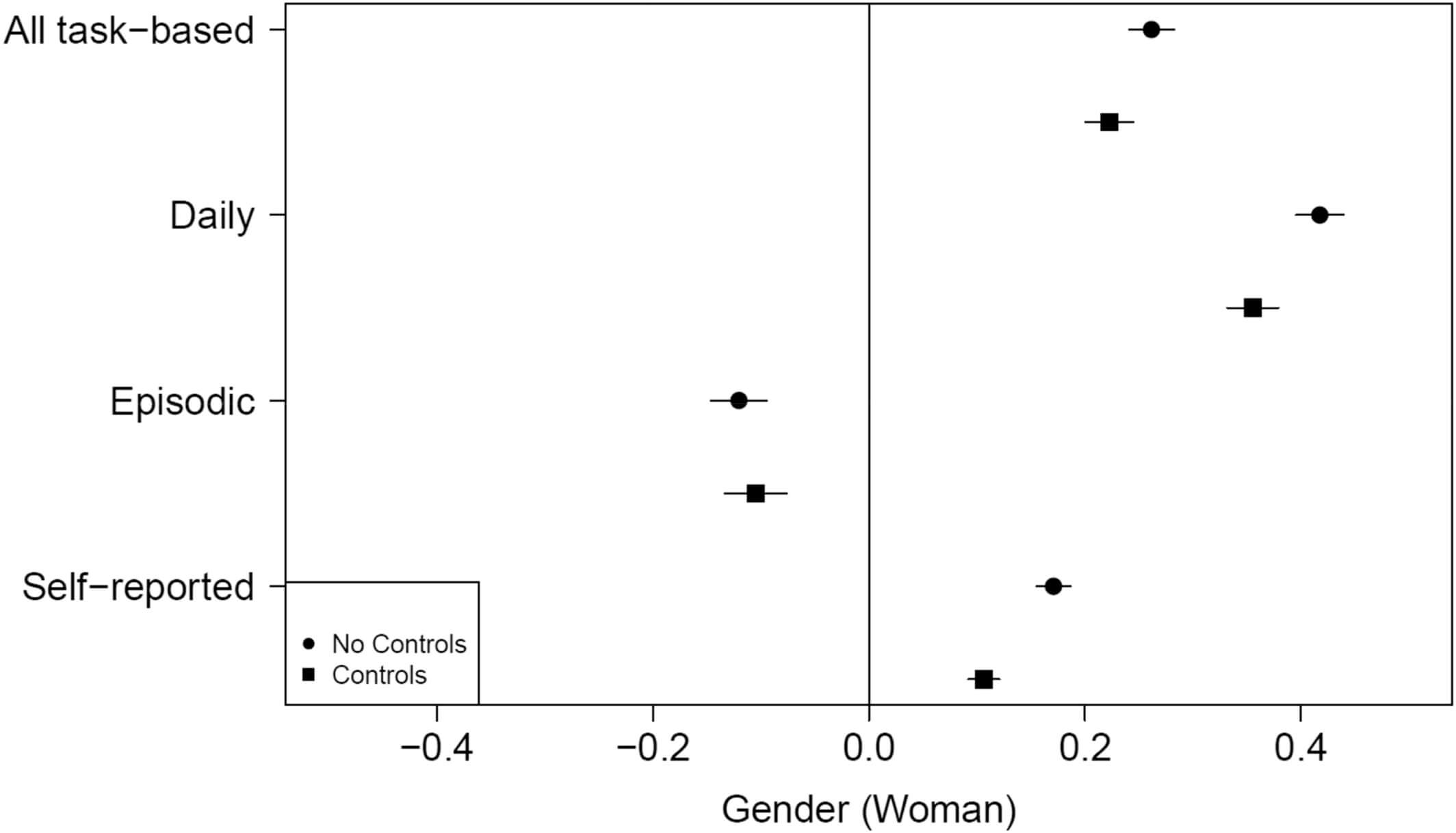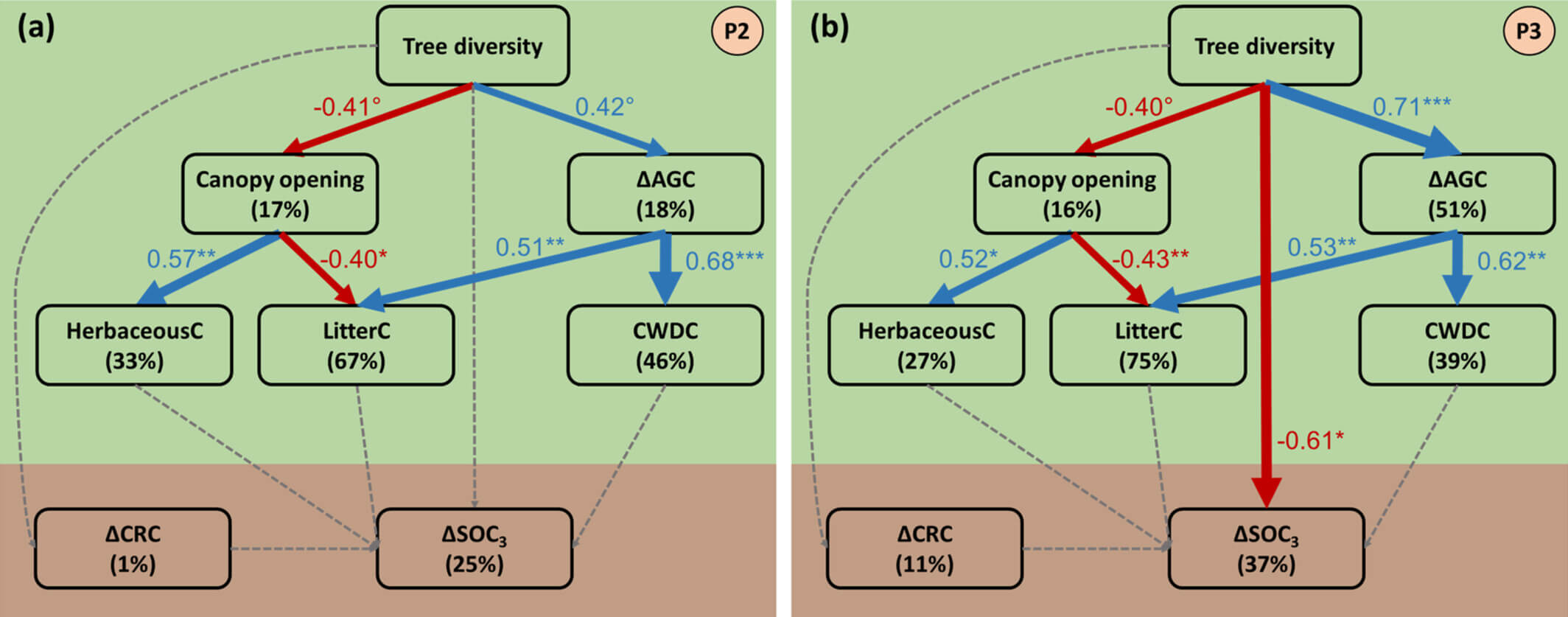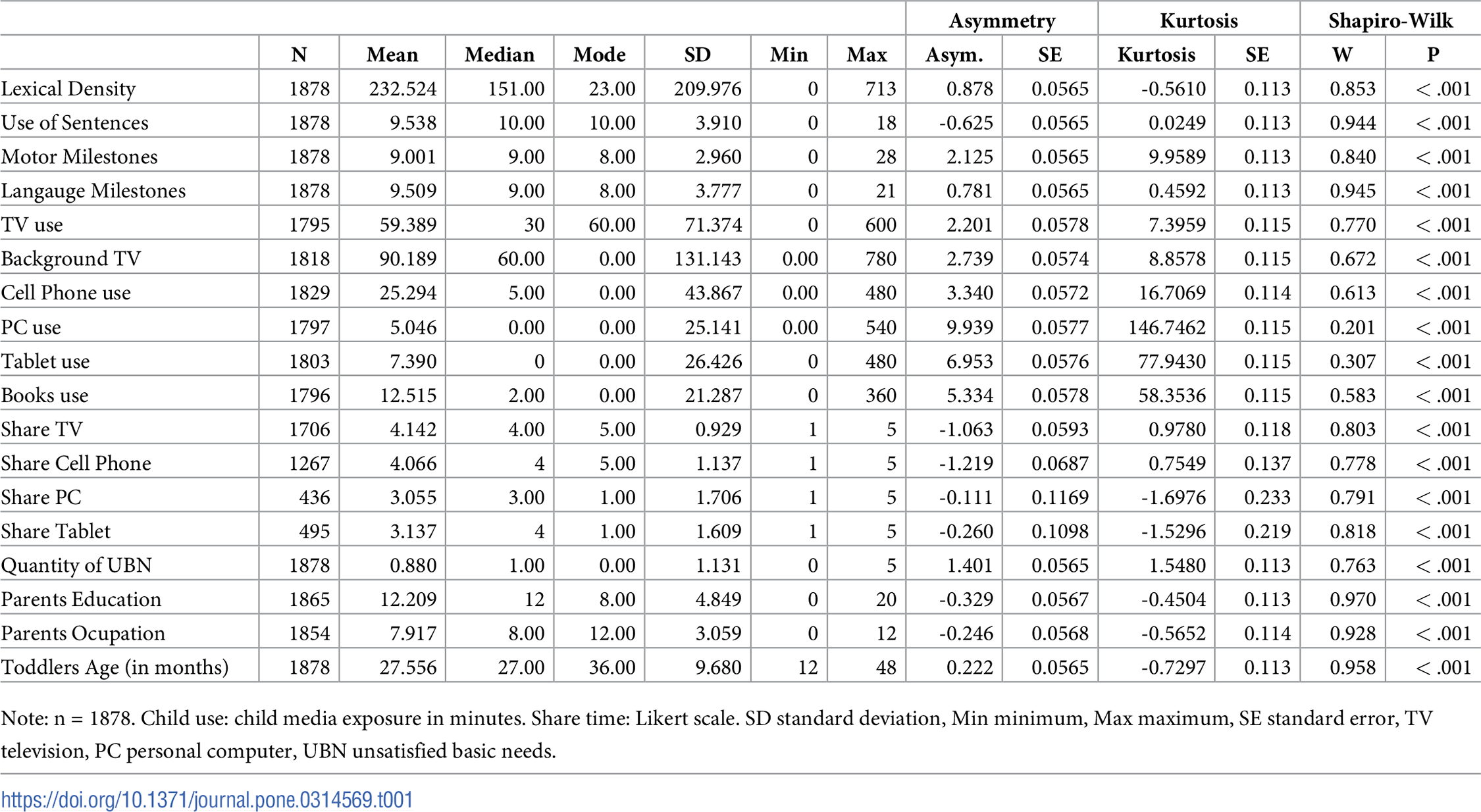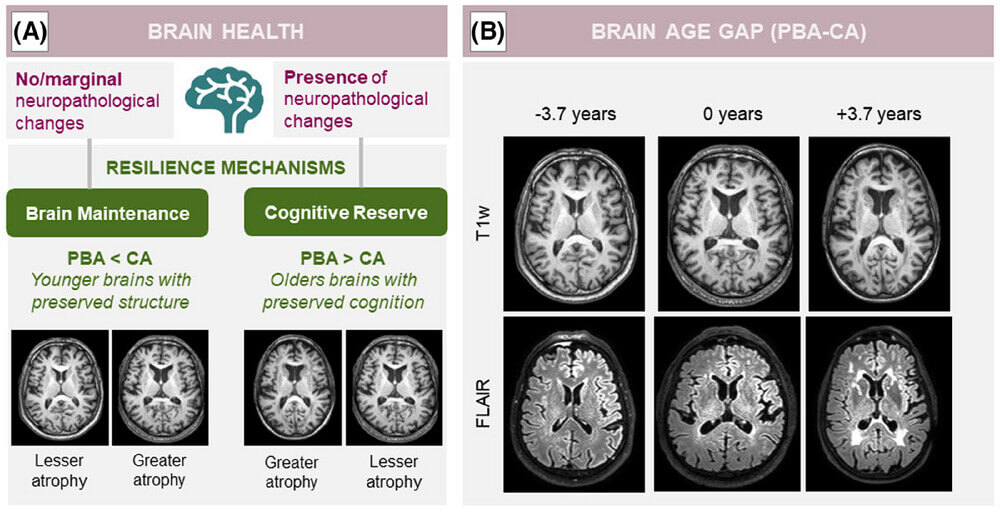
A recent study sheds light on this invisible labor, revealing that mothers carry the bulk of the mental load in household management. This “mental load” involves all the planning, organizing, scheduling, and remembering that keeps a family functioning smoothly. Despite advancements in gender equality, this research highlights that the distribution of mental tasks remains imbalanced between partners.
This intriguing study, led by researchers Ana Catalano Weeks and Leah Ruppanner, utilized data from a survey of 3,000 U.S. parents. The survey was meticulously designed to capture the scope and nuances of domestic cognitive labor. It explored 21 distinct tasks ranging from keeping track of household expenses to remembering when a child’s nails need to be cut. The findings were striking. Mothers reported assuming a larger share of routine, daily tasks—tasks that directly impact family well-being, such as meal planning and childcare scheduling.
In fact, the data showed that mothers accounted for a whopping 79% of the daily domestic cognitive labor. On the other hand, fathers were more involved in episodic tasks like handling finances and maintenance, with mothers still carrying a significant portion of these tasks.
The insight here is not just about numbers—it’s about the story these numbers tell. For many families, these mental tasks are akin to running a small organization. They require constant vigilance and planning, roles that mothers predominantly fulfill, echoing the traditional “household manager” archetype. What the study uncovers is a persistent pattern where mothers are shouldering not just the physical tasks of childcare and housework but also the invisible mental tasks that make these physical acts possible. This mental load contributes significantly to stress and burnout, a reality many mothers silently endure.
Interestingly, the research also highlights how this division is not just a relic of the past but a modern reality that perpetuates gender roles. Fathers, despite taking on more domestic roles than previous generations, still report lower primary responsibility for these day-to-day mental tasks. The study suggests that the societal expectation that women will take charge of these duties remains strong, influencing how families manage their cognitive labor.
The implications of this research are vast. For sociologists and policymakers, it provides a quantifiable measure of domestic cognitive labor, emphasizing the need for better support systems and policies that acknowledge and address mental workloads in families. It also calls for a cultural shift in how domestic responsibilities are perceived and managed. By making the invisible visible, this study encourages families to have open dialogues about sharing mental tasks equitably, potentially transforming household dynamics.
For the broader society, these findings echo the necessity for greater awareness and appreciation of the invisible labor that keeps families running. As we move forward, acknowledging this hidden labor and striving for balance could pave the way for healthier family dynamics and, ultimately, a more equitable society. In this journey, mothers, fathers, and families as a whole can redefine their roles, breaking free from traditional molds and embracing a more balanced approach to domestic life.
Reference
Weeks, A. C., & Ruppanner, L. A typology of US parents’ mental loads: Core and episodic cognitive labor. Journal of Marriage and Family. https://doi.org/10.1111/jomf.13057








